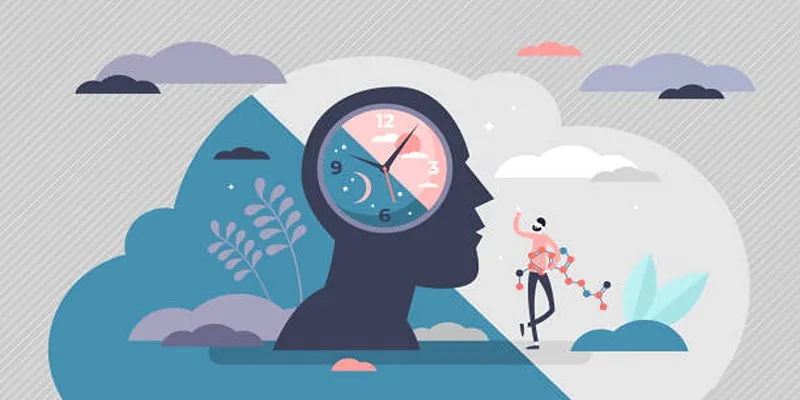Shift Work Explained: Types, Benefits, and Challenges
Shift work involves working outside the conventional 9-to-5 schedule, including night shifts, early mornings, or rotating schedules. Industries such as healthcare, transportation, and customer service often rely on shift work to operate continuously. While beneficial for business operations, shift work can significantly alter your lifestyle, sleep patterns, and overall health. Understanding how shift work affects you and learning to manage it effectively is crucial for maintaining productivity and well-being.
How Does Shift Work Affect Your Life?

The most significant impact of shift work is on your sleep schedule. Working irregular hours can disrupt your body’s natural circadian rhythm, leading to sleep disorders like insomnia and sleep apnea. As a result, shift workers often experience fatigue and difficulty staying alert during work hours.
Shift work can also affect your social life. Working when others are resting can make it challenging to spend time with friends and family. This can lead to feelings of isolation, especially if your loved ones hold regular 9-to-5 jobs. Missing important social events due to work schedules is also a common issue.
Types of Shift Schedules
There are several types of shift schedules, each with different impacts:
- Night shifts: Typically run from 11 PM to 7 AM or similar hours.
- Early morning shifts: Start as early as 4 AM and end around noon.
- Rotating shifts: Involve working different shifts on a rotation, such as day shifts one week and night shifts the next.
- Split shifts: Consist of working two separate blocks of time in one day, with a long break in between.
Each schedule presents unique challenges. For instance, night shifts can severely disrupt sleep patterns, while rotating shifts may make it difficult to maintain a consistent routine and social life.
The Physical Impact of Shift Work
Shift work can significantly affect your physical health. Disrupted circadian rhythms can lead to hormonal imbalances, impacting metabolism and the immune system, and increasing the risk of chronic diseases like diabetes and obesity. Digestive issues may also arise due to irregular meal times and altered sleeping patterns.
The Mental and Emotional Effects of Shift Work
Beyond physical health, shift work can affect mental and emotional well-being. Working unusual hours can cause exhaustion, irritability, and mood swings. Social jet lag may occur, where your internal clock is out of sync with the external environment, complicating sleep schedule adjustments.
High stress levels from balancing work and personal responsibilities can lead to burnout, adversely affecting the overall quality of life.
Pros and Cons of Shift Work
Shift work has advantages and disadvantages:
Pros
- Higher pay: Workers may earn more due to non-traditional hours or shift differentials.
- Flexibility: Some prefer the flexibility shift work provides in their daily routine.
- Variety: Rotating shifts can offer diverse tasks and environments, keeping the job engaging.
Cons
- Difficulty maintaining regular routines: Challenges include maintaining a consistent sleep schedule and healthy eating habits.
- Impact on social life: Shift work can strain personal relationships and limit social activity participation.
- Health risks: Increased risk of health issues due to disrupted sleep and hormonal imbalance.
Managing Shift Work Effectively

Despite its challenges, shift work can be managed effectively with the right strategies:
Maintain a Healthy Diet
Eating a balanced diet is crucial for energy and health. Avoid heavy, greasy meals before or during shifts, opting instead for light, nutritious meals rich in proteins, whole grains, fruits, and vegetables. Consistent meal times can help regulate metabolism.
Stay Physically Active
Regular exercise can mitigate the negative effects of shift work, boosting energy levels, reducing stress, and promoting better sleep. Tailor workouts to fit your schedule, aiming for at least 30 minutes of moderate exercise most days. Even light stretching during breaks can be beneficial.
Create a Sleep-Friendly Environment
Creating an environment conducive to sleep is essential. Use blackout curtains or an eye mask to block light, and consider using a white noise machine or earplugs to minimize disruptions. Keep your bedroom cool, quiet, and comfortable. Aim for a consistent sleep routine, even on days off.
Build a Support System
Communicate with family and friends about your schedule and challenges. Quality time with loved ones during off hours can strengthen relationships and balance work and personal life. Connect with coworkers or support groups to share tips and advice.
Conclusion
Shift work can be demanding and significantly impact your health and personal life. Prioritizing self-care, maintaining healthy habits, and seeking support are crucial for managing shift work challenges. With proper planning and a positive mindset, thriving in a shift work schedule and balancing work and life is possible. Weigh the pros and cons carefully if considering a job with irregular hours.










